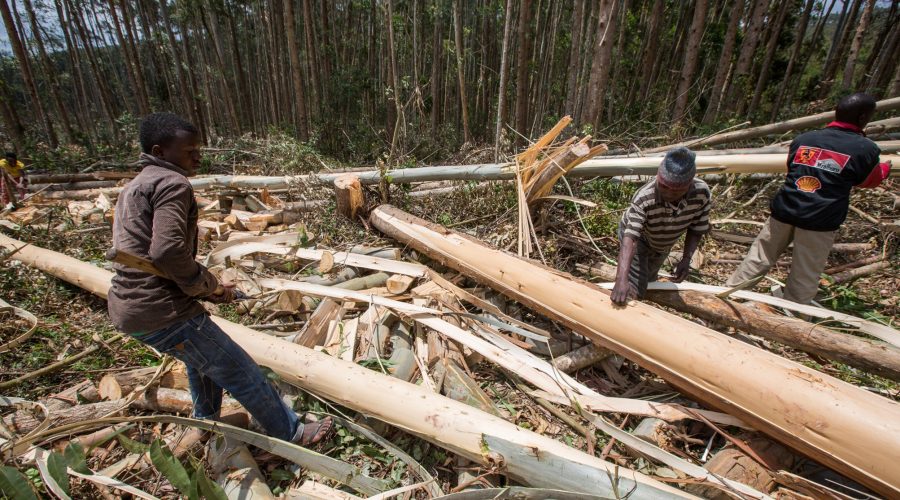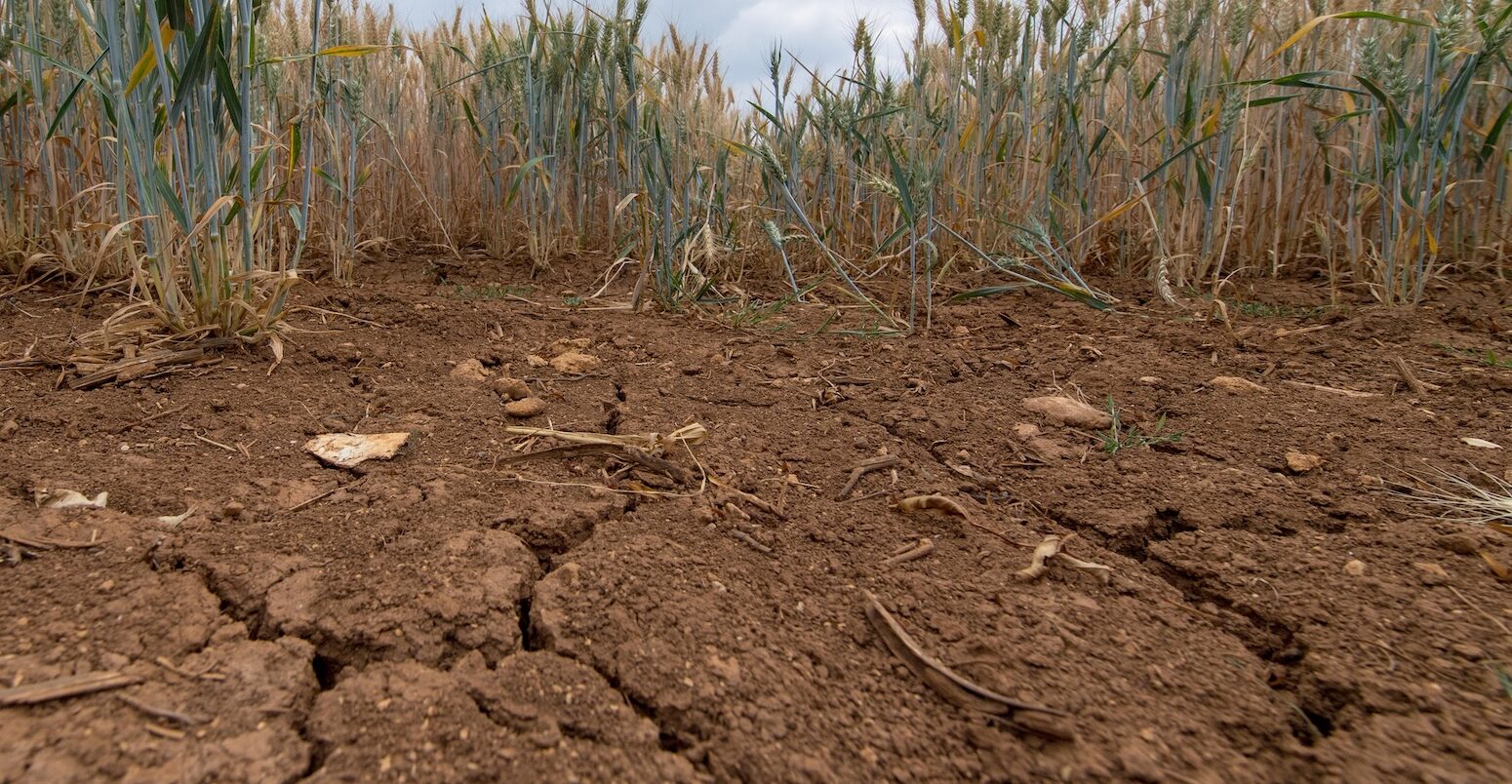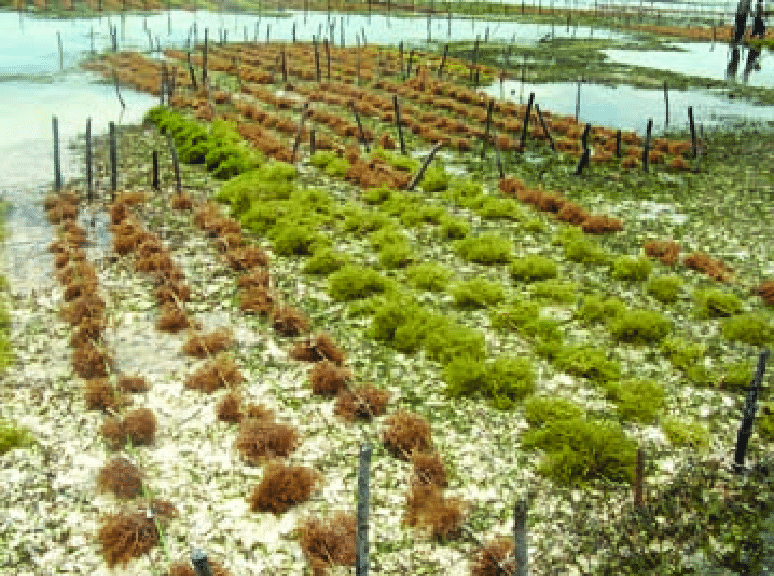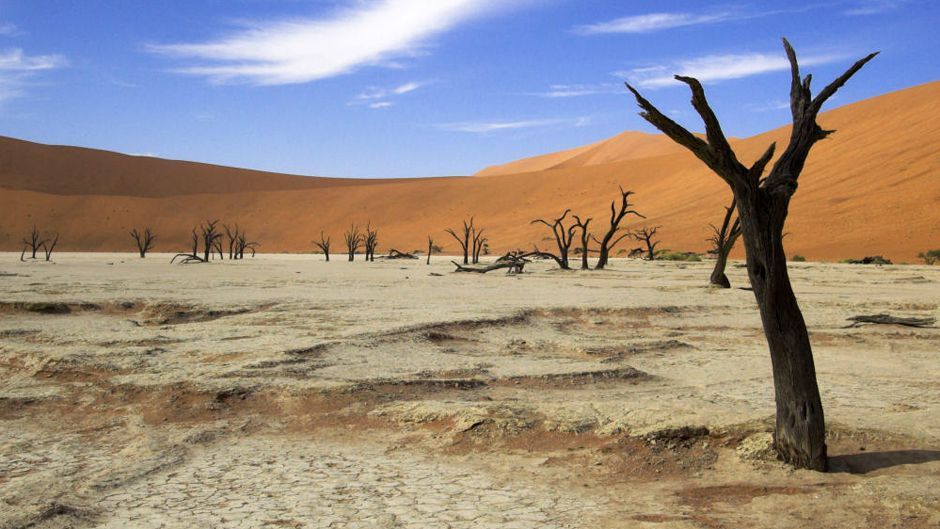The Forest sector has great potential to contribute to the development of the national economy and livelihood of the people including employment creation for the majority of Tanzanians and revenue collection. For the first time in history, the Ministry of Natural Resources and Tourism found it prudent to establish its own estimate of the forest sector’s contribution to the national economy particularly the Gross Domestic Product (GDP).
GDP estimation is important because it gives information about the size of various sectors’ contributions to the economy and how the sector’s economies are performing. The growth rate of real GDP is often used as an indicator of the general strength of the economy. In broad terms, an increase in real GDP is interpreted as a sign that the sector economy is doing well. Therefore, underreporting the actual figure has a negative impact on the forest sector and gives the wrong signal.
Prior to this report, a number of studies reported mixed findings on the sector’s contribution to the national economy, with some reporting underestimation and others overestimation of the actual contribution. In addition, private forestry, beekeeping and engineered wood industry activities have increased significantly in the country. However, primary production remains largely unaccounted for, meaning that its contribution to the economy or the potential to increase this contribution also remains largely unknown.
Underscoring these facts, The Ministry of Natural Resources and Tourism commissioned a Task Force made up of members from key institutions namely the Sokoine University of Agriculture, University of Dar Salaam, National Bureau of Statistics, Tanzania Forestry Research Institute, Bank of Tanzania, Tanzania Forest Service Agency and Tanzania Revenue Authority to undertake this noble task of estimating the sector contribution to national GDP. The study aimed at estimating the contribution of the forest sector (forest products and services) to the national economy, particularly the GDP for Tanzania mainland.
GDP estimation was done based on methodology as applied by NBS and an alternative approach with the view to identifying gaps. Also, the estimation integrates products and services currently not included by NBS.
Therefore, this report emanated from an in-depth study of the forest and beekeeping economy and is “first-of-its-kind”. The Ministry is happy to have its own report derived from national experts. Readers of this document will be able to understand the sector’s producers, products, productivity, value chain development, industries exports and imports, governances and challenges.
Important statistics are also provided. The report is an important reference to various stakeholders in the forest sector including the Government, primary producers, industries, processors and academia found within and outside the country. It is a document that shows opportune areas for investment and areas in which the government can improve strategies for the management of forest resources in the country and increase revenue collection.
FOREST SECTOR CONTIBUTION NEW TXT




